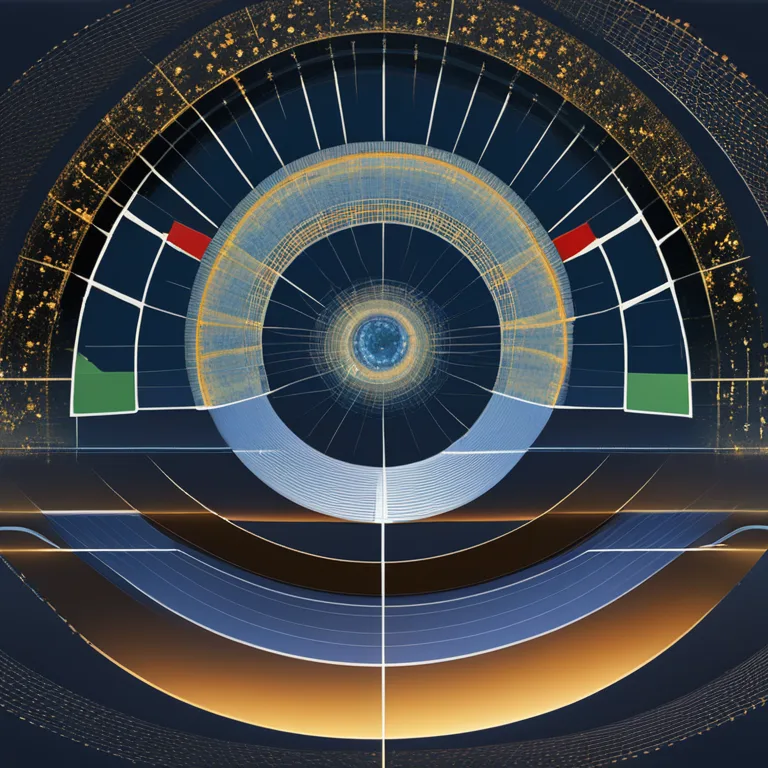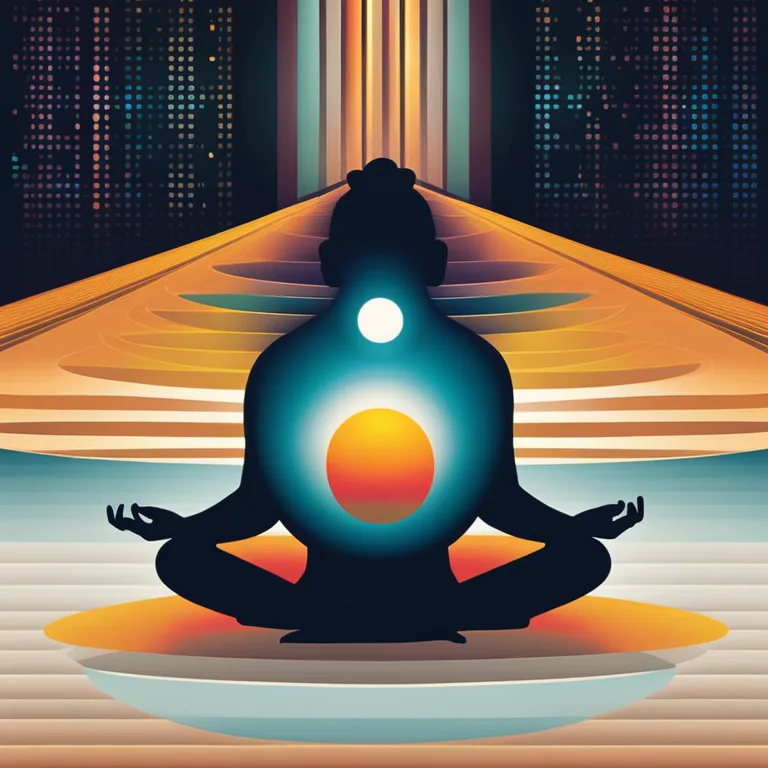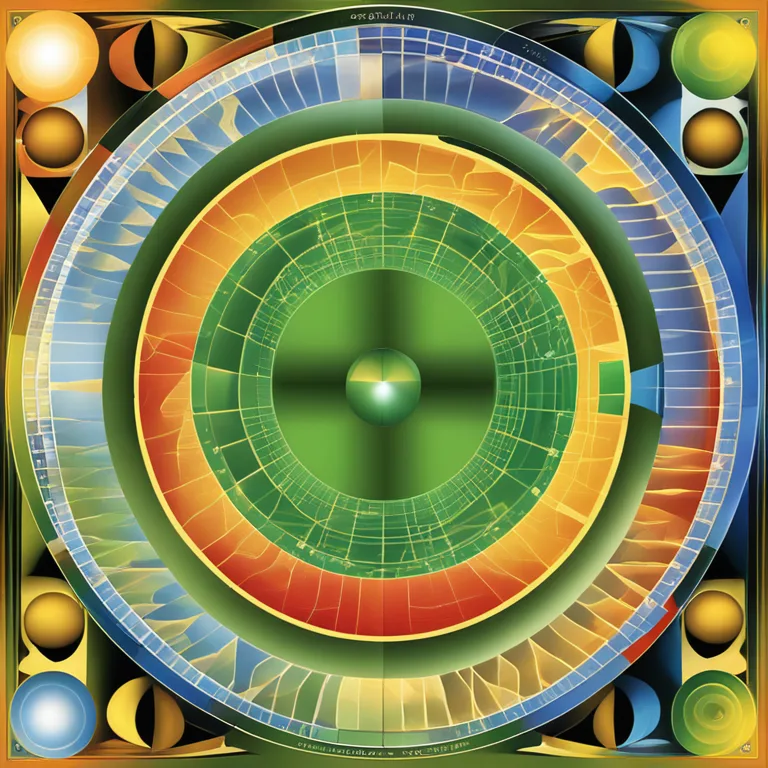
Halting Biorhythmic Cycles: Can It Be Done?
Discover whether it's possible to stop your biorhythms and the implications it might have on your well-being and life harmony.
article by Adrian Wallace
Introduction to Biorhythms
Biorhythms are considered to be the natural cycles that govern human life. These rhythmic patterns are said to affect physical, emotional, and intellectual well-being. Every person is thought to have their own unique biorhythmic chart that predicts the ebb and flow of these cycles. The concept of biorhythms became popular in the 20th century and remains a topic of interest for those seeking to optimize their life experiences. Understanding the fundamentals of biorhythms is crucial to the discourse on their potential cessation.

The Science Behind Biorhythms
The study of biorhythms is rooted in chronobiology, which delves into the periodic phenomena in living organisms and their adaptation to solar and lunar related rhythms. These rhythms are typically segmented into three primary cycles: the 23-day physical, 28-day emotional, and 33-day intellectual cycles. Advocates suggest that by charting these cycles, individuals can predict their peak and low periods. While the scientific community remains skeptical on many claims about biorhythms, the fascination with their influence persists into 2024.

The Concept of Stopping Biorhythms
When considering the cessation of biorhythms, we delve into largely uncharted territory. The notion of halting these innate cycles raises questions about the interplay between free will and predetermined biological patterns. Could the intentional cessation of biorhythms lead to greater control over one's life, or might it disrupt the delicate balance of wellness? The idea remains largely theoretical, and practical approaches to this concept are even more so undeveloped.

Techniques and Misconceptions
Various techniques, such as meditation, lifestyle changes, and biofeedback therapies, are often advertised with claims that they can alter or "stop" biorhythms. However, it is important to distinguish between modulating responses to one's biological rhythms and stopping the cycles altogether. Adjusting to or mitigating the effects of downturns in one's biorhythms is plausible, but the complete cessation of these natural patterns is currently beyond the realm of scientific possibility.

Psychological and Ethical Implications
Exploring the psychological and ethical implications of manipulating biorhythms is essential. Some argue that seeking to control or halt natural cycles may stem from the desire for predictability and control in an uncertain world. The ethical considerations of intervening in such deeply ingrained biological processes, should it become feasible, would likely incite much debate. For now, the focus remains on understanding and living in harmony with these rhythms rather than stopping them.
Conclusion: Embracing Natural Rhythms
In essence, the quest to stop biorhythms may be an endeavor more suited for science fiction than reality. The year 2024 has not yet offered methods to halt these intrinsic cycles completely, and current knowledge encourages a more practical and attainable goal: learning to live with and maximize one's natural biorhythms. Until further advancements provide new insights, embracing and adapting to our biorhythmic patterns might be the wisest course of action.
Published: 12/28/2023
Modified: 12/28/2023
More predictions
Come back here soon to learn more about yourself and your future


The Synergy of Biorhythm Compatibility
Delve into the intriguing concept of biorhythm compatibility to foster deeper connections and understand interpersonal dynamics.


Biorhythm Insights: Patterns of Life's Peaks and Valleys
Discover the intriguing concept of biorhythms and see practical examples of how these physiological cycles might influence our daily lives.


Harmonizing Life Rhythms: Biorhythm Compatibility Explained
Discover how biorhythm compatibility impacts relationships and personal interactions, fostering harmony and understanding.